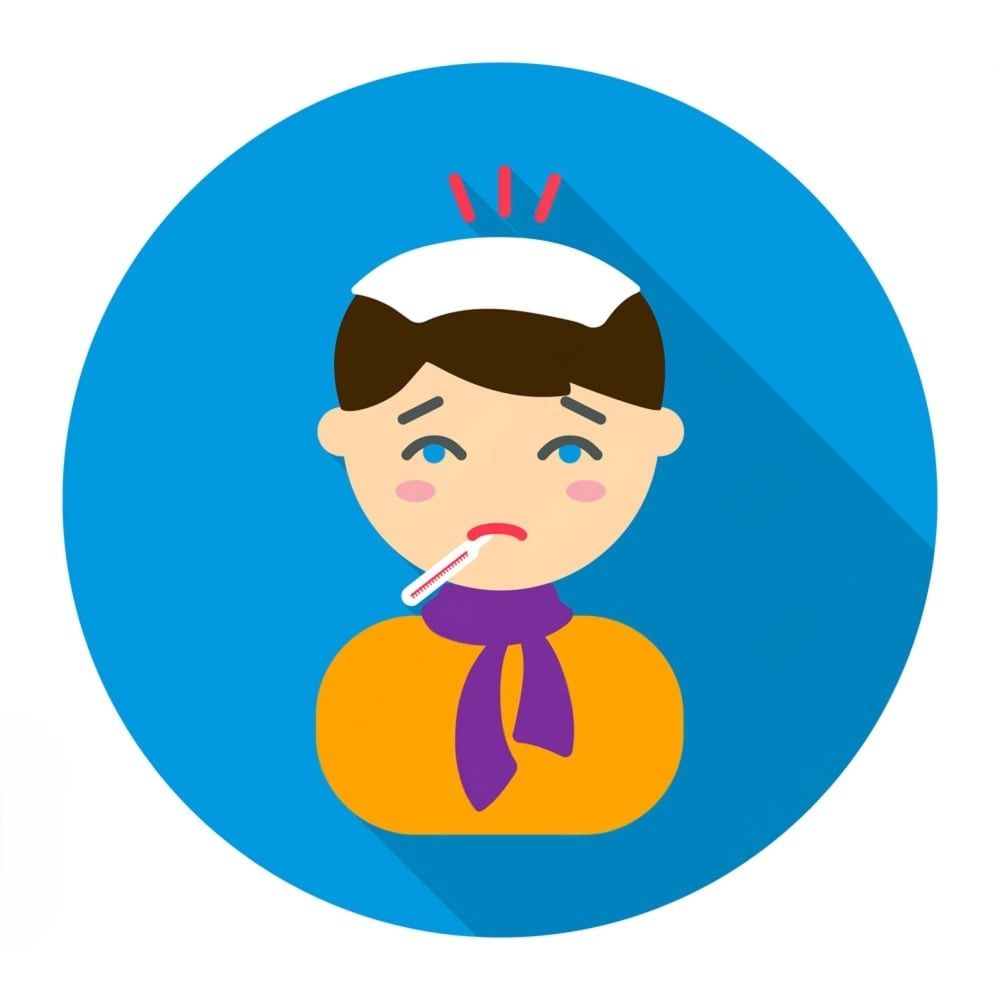What Causes It?
Viral infections (common cold, influenza, COVID-19)
Bacterial infections (pneumonia, urinary tract infections, strep throat)
Parasitic infections (malaria, dengue)
Inflammatory conditions (rheumatoid arthritis, lupus)
Heat exhaustion or heatstroke
Certain medications (drug-induced fever)
Post-immunization reaction
Cancer-related fever (e.g., lymphoma)
Autoimmune disorders
Hormonal imbalances (thyroid storm)
Signs & Symptoms
Elevated body temperature (>100.4°F / 38°C)
Chills and shivering
Sweating
Headache
Muscle aches and joint pain
Fatigue and weakness
Loss of appetite
Dehydration
Irritability (especially in children)
Confusion (in severe cases or in elderly patients)
